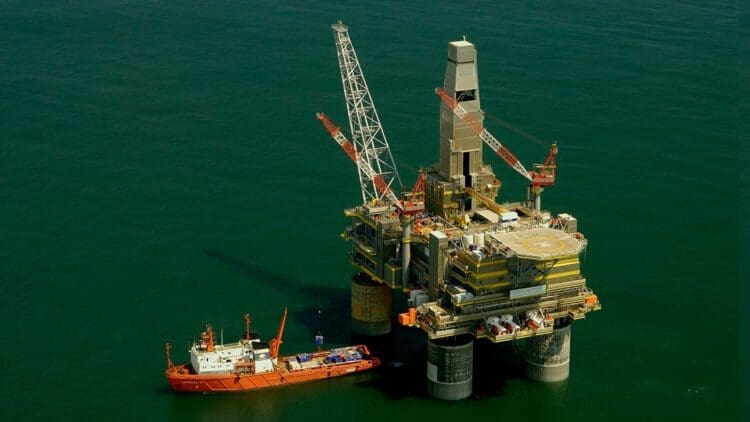The world’s longest heated pipeline is close to completion in East Africa and has already provided a sizable return on its initial investment. The East African Crude Oil Pipeline (EACOP), also known as the Uganda–Tanzania Crude Oil Pipeline (UTCOP), represents a major transformation in the region and is due to receive over $5 billion in investments from several entities. The project has already produced results and recently passed the halfway mark, representing significant progress and a great stepping stone for future projects in both Uganda and Tanzania.
The world’s longest heated pipeline is near completion in East Africa
Yes, you read that correctly, once complete, the East African Crude Oil Pipeline will become the longest heated pipeline in the world, and is a direct result of cooperation by several institutions and governments. East Africa has been a challenging region to enter into the oil production market, but when the project has a $5 billion price tag, one would be surprised if no results were made up until this point.
The project is a joint venture that employs 1,200 Tanzanians along its vast 1,443 kilometers. And the fact that the halfway milestone has been reached is a promising sign that the parties involved can expect a return on their investment in the not-too-distant future. Among the organizations and companies involved in the project are:
- TotalEnergies (62%)
- Uganda National Oil Corporation (15%)
- Tanzania Petroleum Development Corporation (15%)
- China National Offshore Oil Corporation (8%)
East Africa has for generations been ravaged by wars and poverty on a large scale that has affected the lives of millions in the region. It’s hard to negotiate a deal with a country without a stable and reliable government. But thanks to some smart leadership in both countries, and the ever-willing TotalEnergies, the project has been a success and is looking to complete its mission of becoming the longest heated oil pipeline in the world.
The $5 billion project has already produced results for both countries
It has become a regular occurrence to see nations like China become involved in major oil production projects all around the world. Once the leaders of countries in Africa noticed that a new approach was needed to find major projects that could transform lives in the region, the understanding was that some direct foreign investments were necessary, and in stepped China to lead the way.
China has, for a very long time, been directly involved in several projects in both Uganda and Tanzania, including road manufacturing projects and oil production. China is still one of the world’s highest polluters and is always on the lookout for projects to fund or get involved in. The project has already contributed $19.5 million to Tanzania’s revenue through taxes and levies.
The cross-border project has had a positive impact on the region and is sure to continue that into the future. With the project nearing completion, the major stakeholders will be hoping for no interruptions, and the infrastructure development can continue. Tanzania’s Energy Ministry spokesperson, Ms. Neema Mbuja, has stated that the government is pleased with the progress and that the project stands as a great representation of the nation’s goals.
Is Africa becoming the new home for crude oil production in the world?
The short answer is yes, it is. The long answer is slightly more complex than that. While the region and both governments have stated their satisfaction with the progress and reaching the halfway milestone, Africa is a volatile place, and it is challenging to implement long-term projects such as this. When an administration changes, sometimes priorities and funding change too. But having stated the obvious, one struggles to imagine a reality where either country backs out and suffers the consequences of not being involved in the world’s longest heated oil pipeline.









